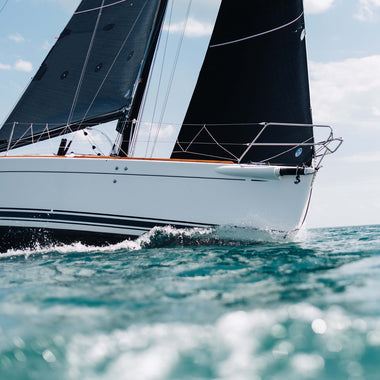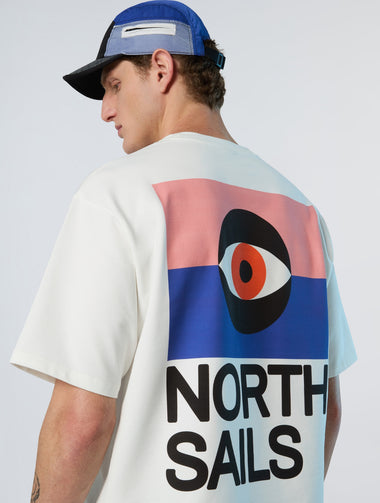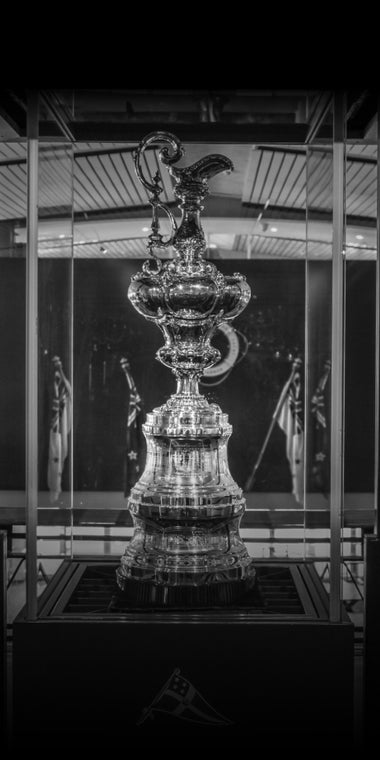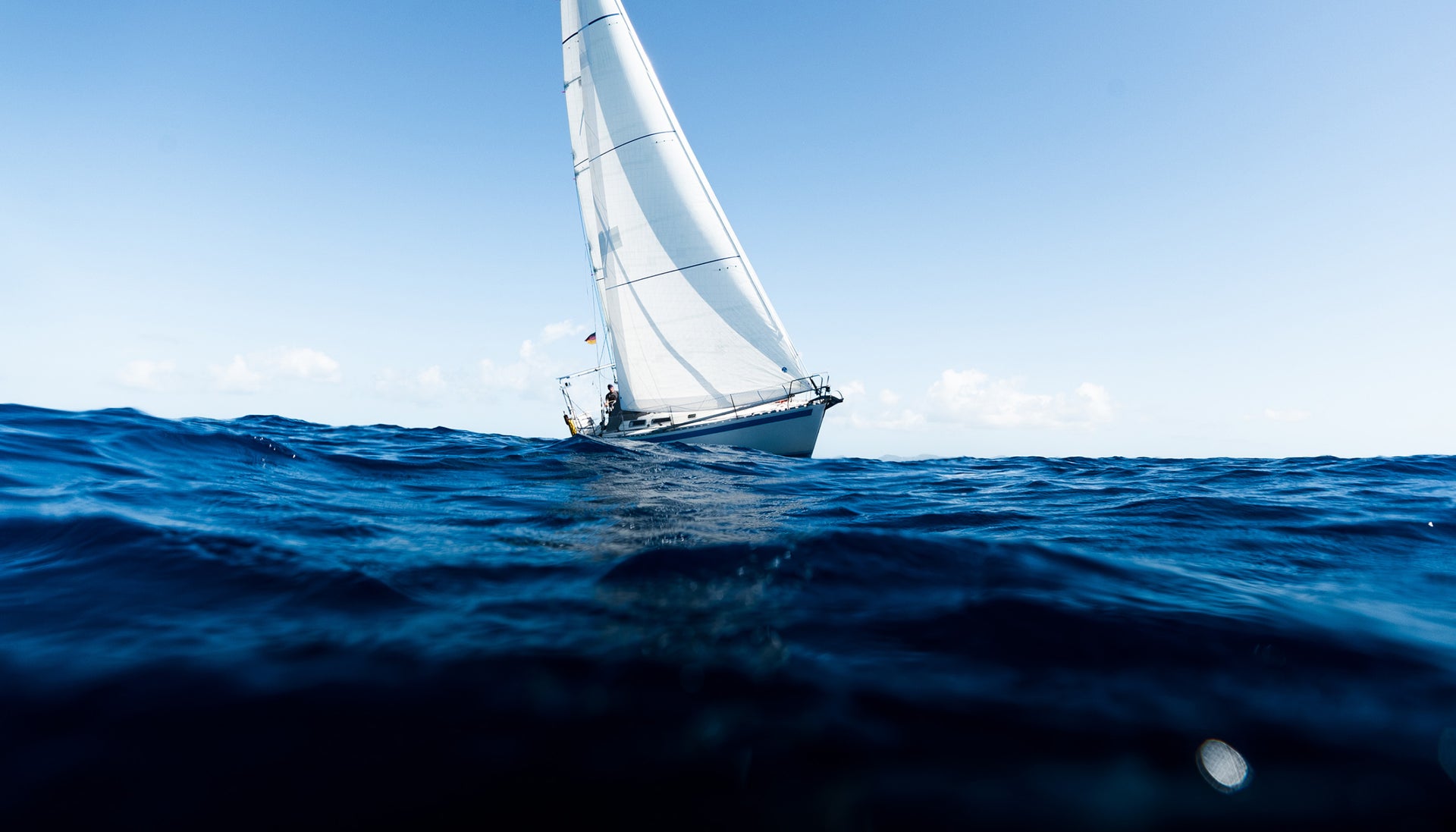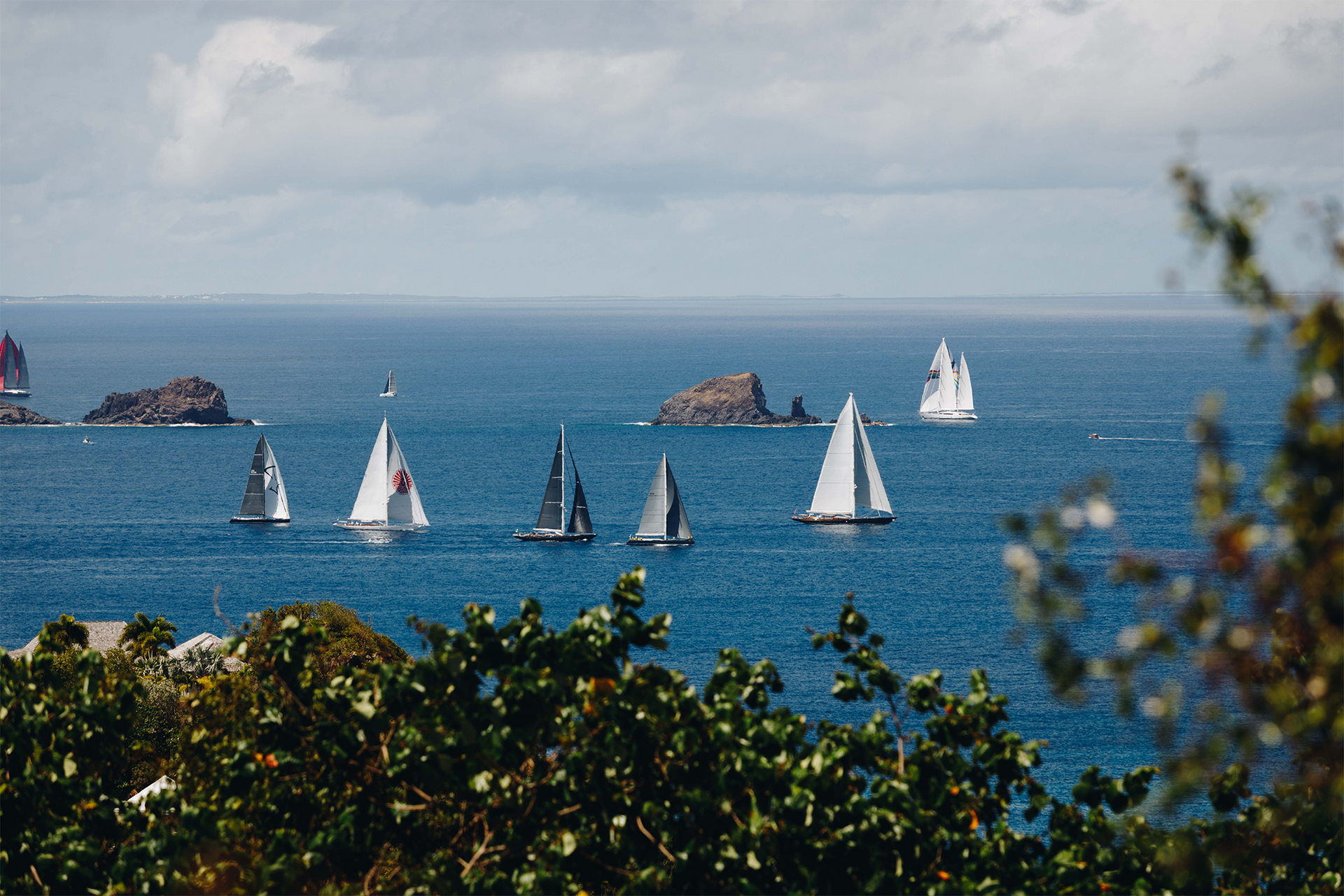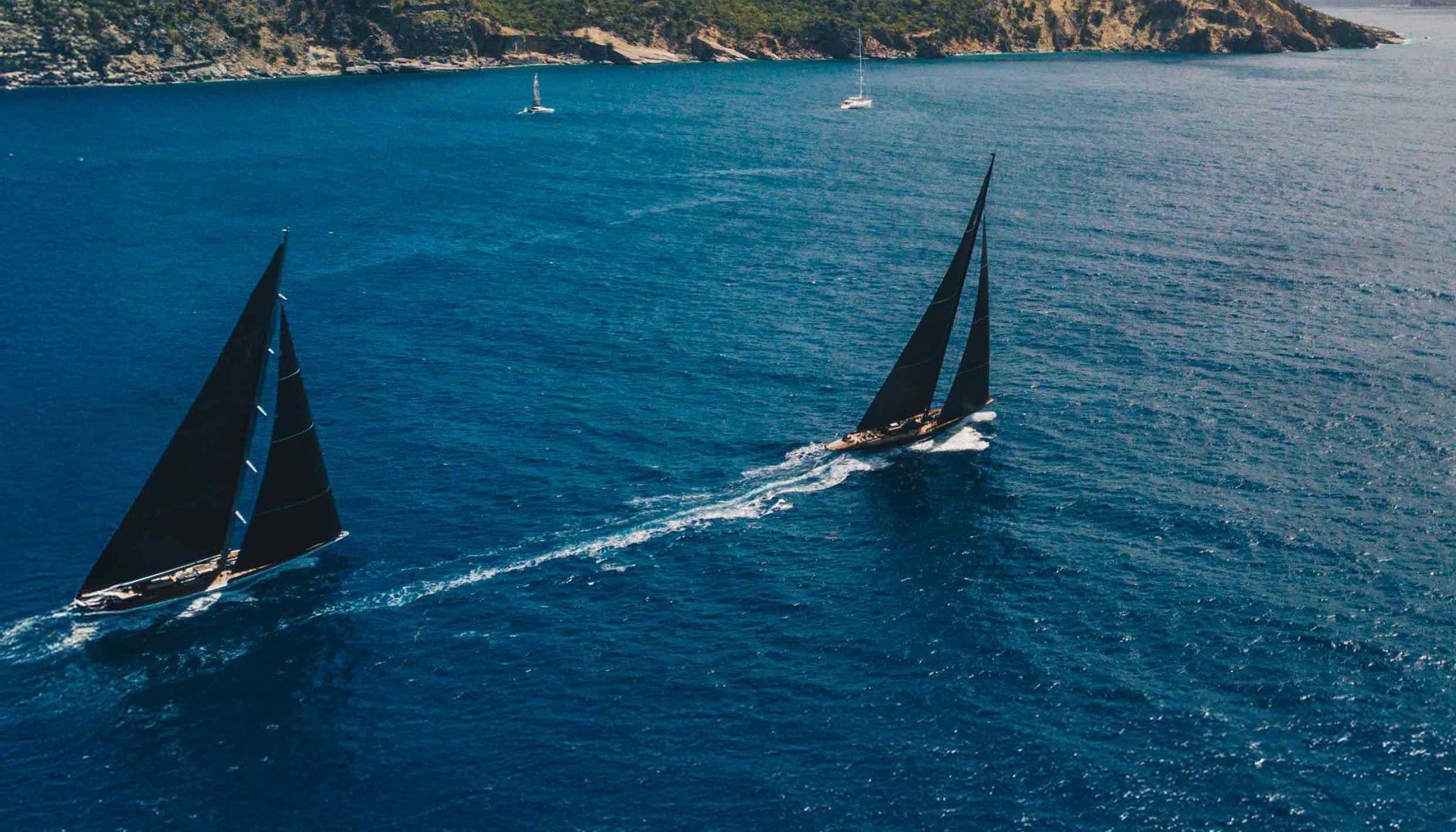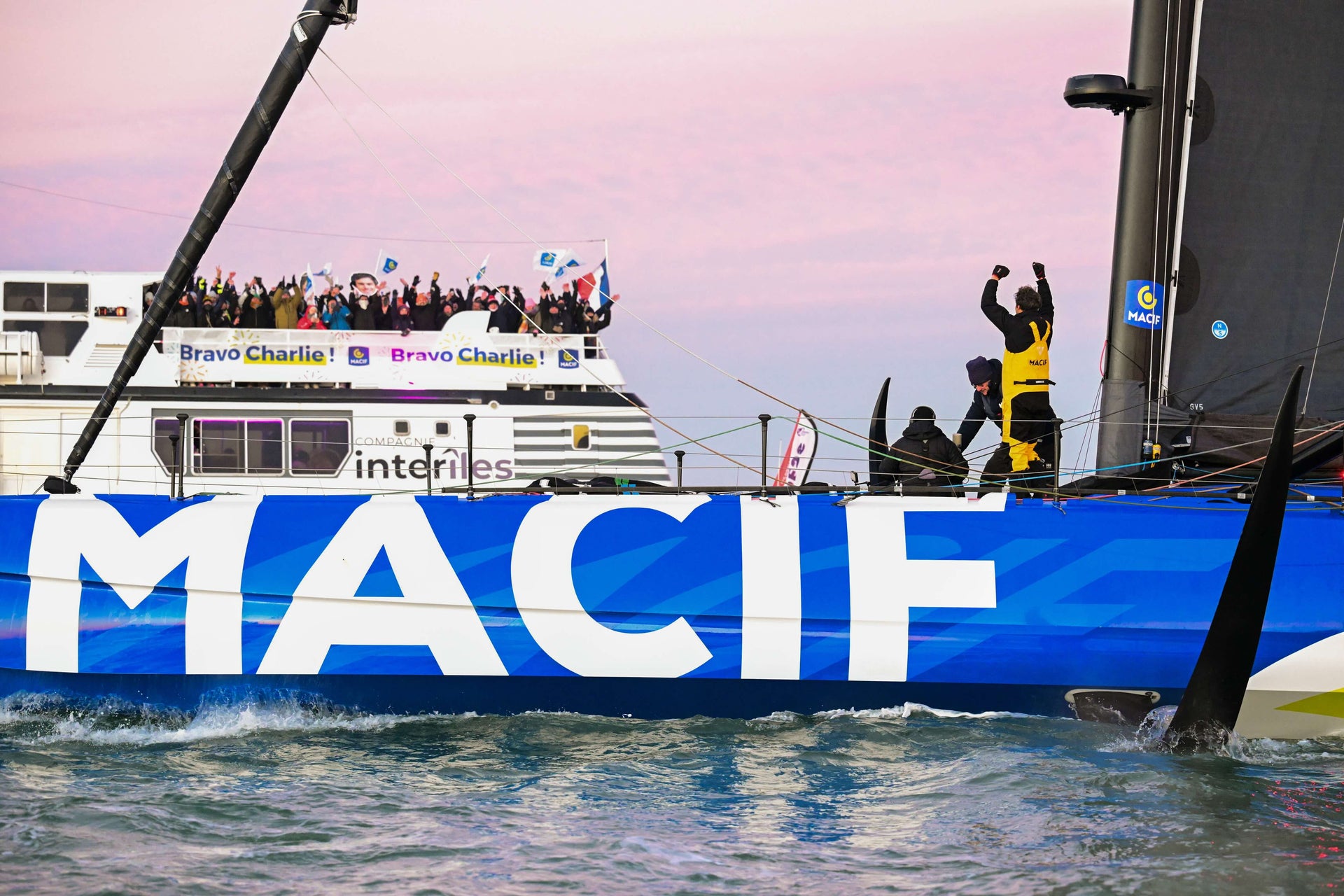PREPARATION. PREPARATION. PREPARATION.
Medalist, coach and now North Sails expert Ian Walker shares his insights on preparing to compete on the world stage.
Before joining North Sails as the UK’s General Manager, Ian Walker was involved in no less than five Olympic Games. Twice as a competitor where he claimed a Silver medal in the 470 Class in 1996 in Atlanta and then again in Sydney in 2000, taking a second Silver in the Star Class. As well as attending one Games as a commentator for the BBC, Ian was also involved as a coach for the British female team who took Gold in the Yngling in 2004 in Athens and then finally as the Director of the British Sailing Team in Tokyo in 2021, which saw the Brits top the Olympic Sailing medal table, claiming not less than three Golds, a Silver and a Bronze in one of their most successful Olympic sailing regattas ever.
With such diverse experience at the Games as sailor, coach and team leader, Ian has a unique insight into the final stages of the build up to what is the biggest moment in our sport. He shares with us his thoughts on the tension and excitement as the countdown to Olympic racing inches closer after years of preparation.

“I had two very different experiences as a sailor. In my first Olympics in the 470 we were World Number One and favorites going into the Games. So my main concern was about dealing with the pressure and the expectations. It was also my first Olympics. In the build up to the Games there's a lot of questions about what equipment you're going to use, with a lot of pressure to finalize those equipment decisions.”
“I also remember having this bizarre anxiety of not wanting to get injured! After all the years building up to the games, I became paranoid. ‘What if I cut myself working on the boat? Or if I fall off my bike?’ It could hugely affect my chance to sail in the Olympics. So there was a little bit of anxiety there.”
“My second Olympics in the Star was very, very different. We were rank outsiders, nobody expected us to do well. And if I'm honest, my biggest concern was not letting the country down and feeling that I wasn't worthy of that spot. It sounds a bit crazy but it was really sort of questioning our own preparedness. And so we took a very different approach to that Olympics.”
“As a coach your priorities are somewhat different. You're more of a fatherly figure and for the British Yngling team I was coaching three female athletes all racing together, who had their own skills and experiences. One of them was a reigning Olympic gold medalist, the other two had not competed at the Games before. I was looking out for their individual needs and sometimes trying to help the team dynamic, helping them understand how the others might be feeling. And in fact, those athletes were so hard working, part of it was actually about trying to encourage them to have a bit of a rest so that they actually went into the Olympics fresh for race one!”
“It goes without saying the preparations are huge and in-depth. A panel of experts, sometimes with a sizeable research budget, will have looked into the weather patterns and analyzed the race course and tides. We help each other, so when we train at the venue over the years, we build up a book of notes which we share between the sailors on all the different wind directions on all the different course areas. We pool that knowledge and try to create a road map so we have some default knowledge that we can fall back on. And then of course there's all the personal preparations which are very different between the competitors, such as the mental preparation and nutrition.”
“In the build up to Tokyo, Team GB, across all the summer sports, made a huge effort to make everybody feel they were part of One Team, even though particularly with covid, people were very distant. As sailors we're very often not in the main city, so we're not living and eating with the many other sports. “Competitors love to say ‘I'm going to treat this like every other regatta’, but of course that's very easily said but it’s very difficult to do in practice because during the build-up there's much more pressure. There's more intensity in the media. You feel much more part of a wider team and a responsibility towards others, and that weight can be heavy on some people's shoulders. So to simply say I'm going to treat it like any other event, it's just simply not true.”
“One of the challenges is just trying to manage multiple demands, from the media and family. It was interesting in Tokyo, we were living in isolation with no access to family because of covid and that actually took a lot of pressure off of the sailors because they weren't getting pulled in different directions. Whilst it's lovely to share their experience with your family, it is just another thing you've got to think about and certainly my experience of that was that it made a much stronger team because the only people we had there were each other so you had to turn to each other to build that stronger team.”
“The Olympics is the one chance where as a sailor you're on the same platform as all the other major sports. An Olympic medal is recognized as a mark of excellence, whether you're a sailor, a hundred meter runner, an equestrian, a skier or ice skater. So it's tremendously exciting to mix with all the other teams, to feel part of the wider team.”
“It means an awful lot have been part of that Olympic family, whether you win an Olympic medal or not. And I shall be the Olympics biggest fan, and the British Sailing Team's biggest fan, when it kicks off in Marseille very soon.”
